Divorce in South Asian Cultures: Cultural Taboos and Shifts

Divorce is a topic that carries a significant amount of cultural weight, especially in South Asian societies like those in India, Pakistan, and Bangladesh. In these regions, marriage is often seen as a lifelong commitment, deeply intertwined with family, tradition, and societal expectations.
For many individuals in South Asian cultures, the concept of divorce can be laden with taboos and stigmas. The idea of breaking a marital bond is often perceived as a failure not just of the individuals involved but of the entire family and community. This perspective can make it incredibly challenging for individuals to consider or pursue divorce, even in situations of extreme hardship or unhappiness.
However, like in many parts of the world, attitudes towards divorce in South Asian cultures are evolving. As notions of individualism, autonomy, and gender equality gain traction, more people are challenging traditional norms surrounding marriage and divorce. The rise of urbanization, globalization, and digital connectivity has also played a role in reshaping societal attitudes towards divorce.
One of the key factors influencing attitudes towards divorce in South Asia is the concept of “homesteading,” where the family home holds immense significance. In many cases, property ownership and inheritance rights are intricately tied to marital status, adding another layer of complexity to the decision to divorce. In cultures where women are often expected to adopt the role of the “trad wife,” divorce can carry additional social and economic consequences for women who may not have independent sources of income or property.
As cultural norms and expectations shift, individuals navigating divorce in South Asian cultures must contend with a delicate balance of tradition and modernity. It is essential to consider not only the legal implications of divorce but also the social, familial, and emotional repercussions that may follow.
To gain a deeper insight into the complexities of divorce in South Asian cultures, watch the video below:
For more information on navigating divorce proceedings in South Asia or other regions, visit tmpg-thailand.com.











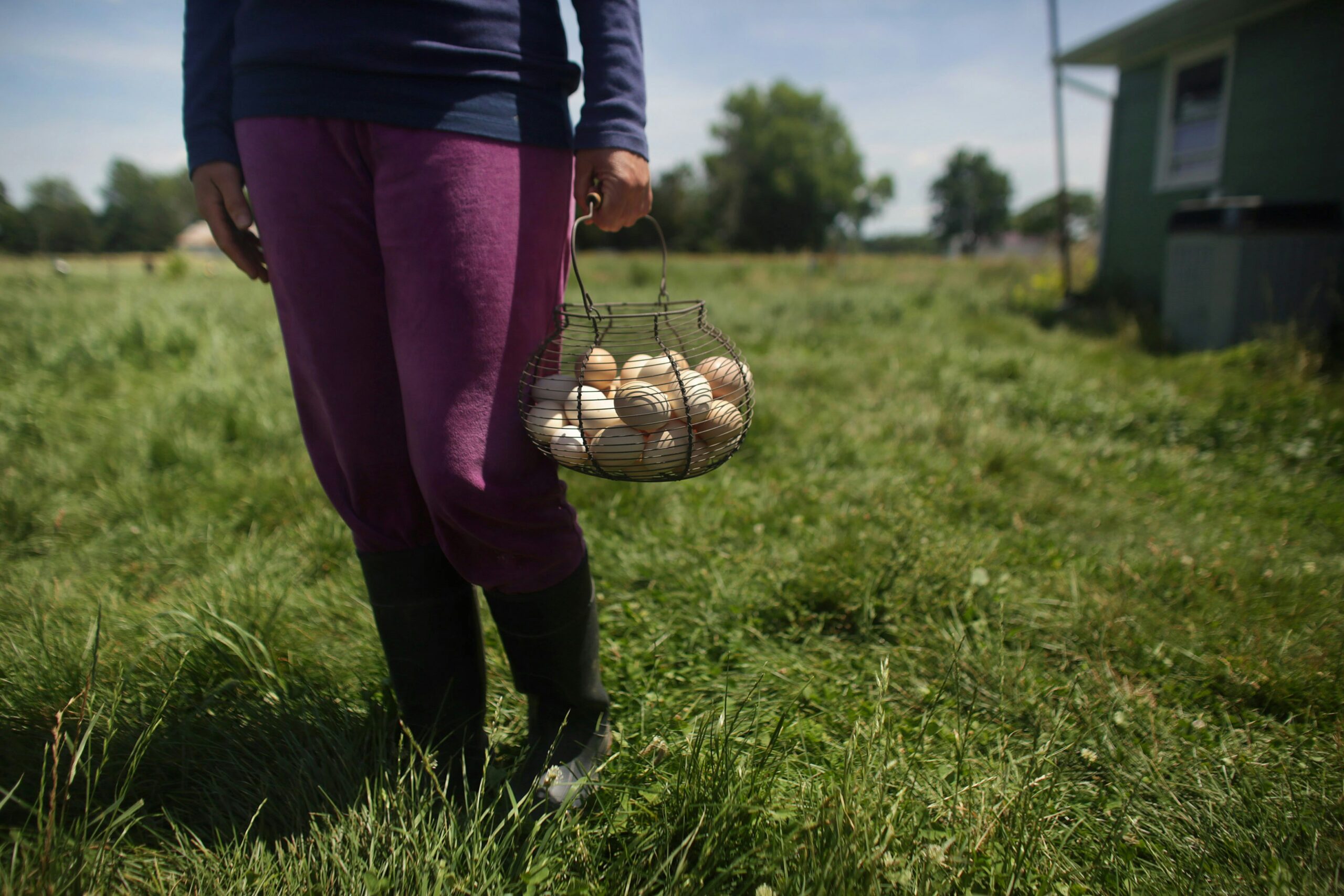





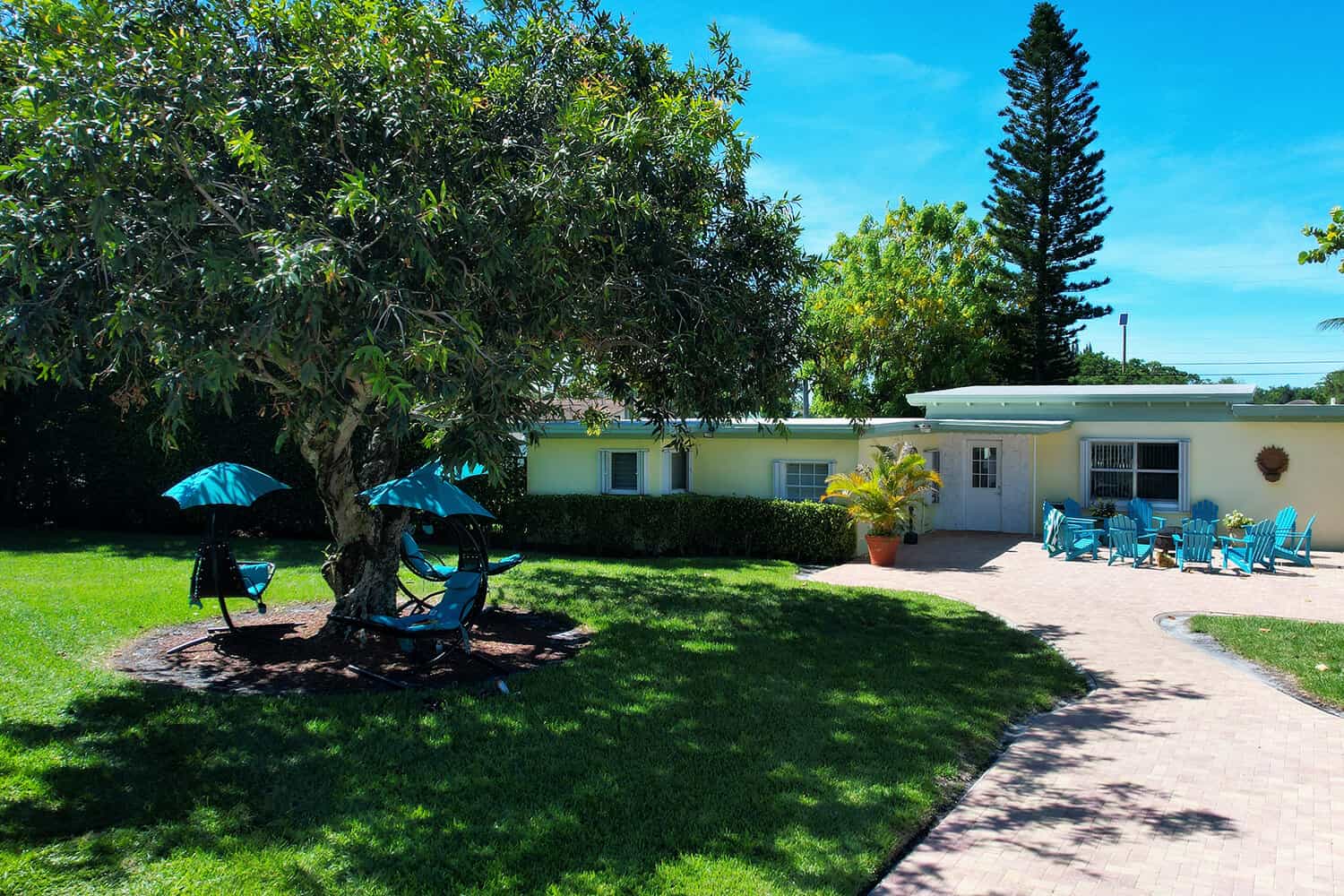
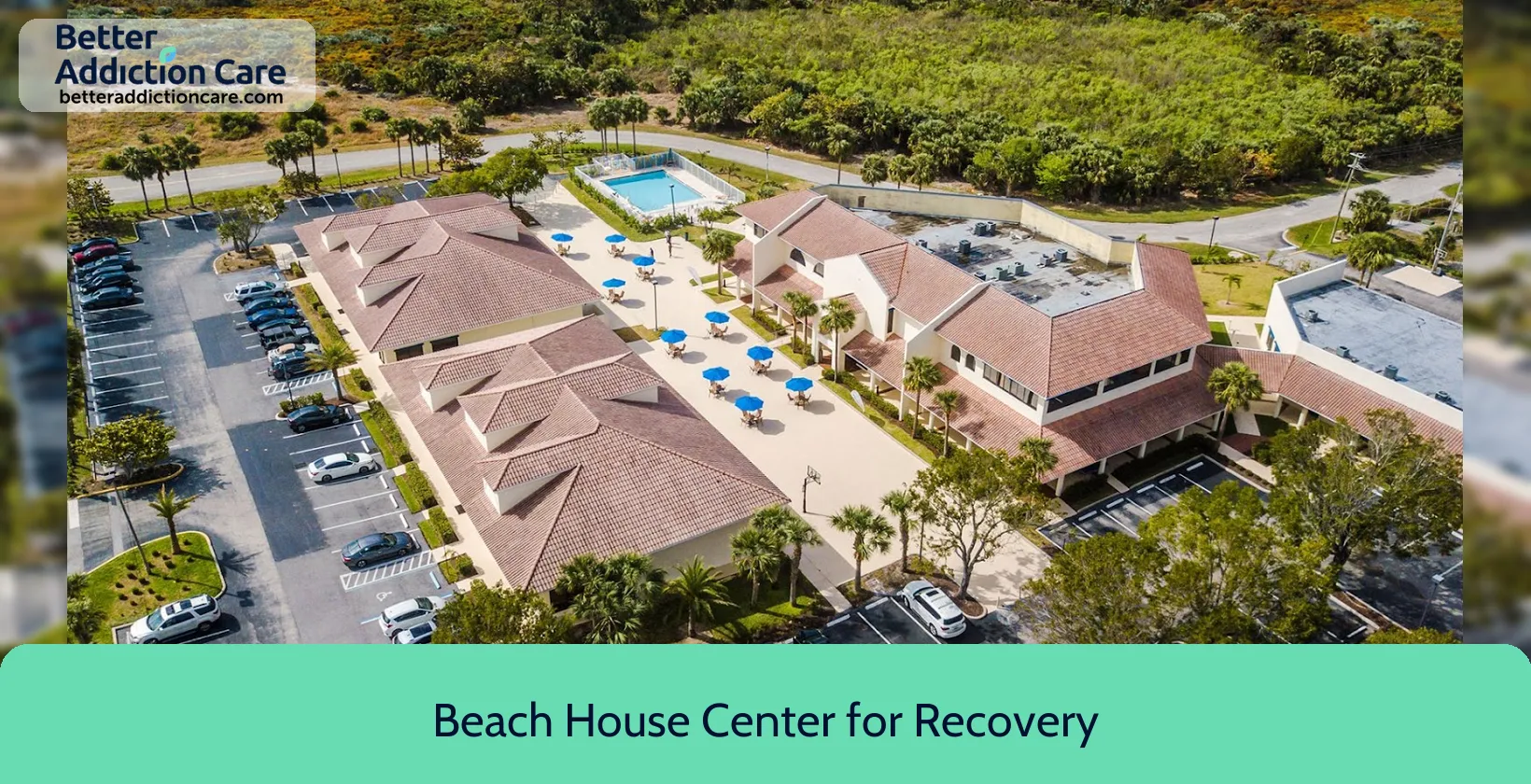
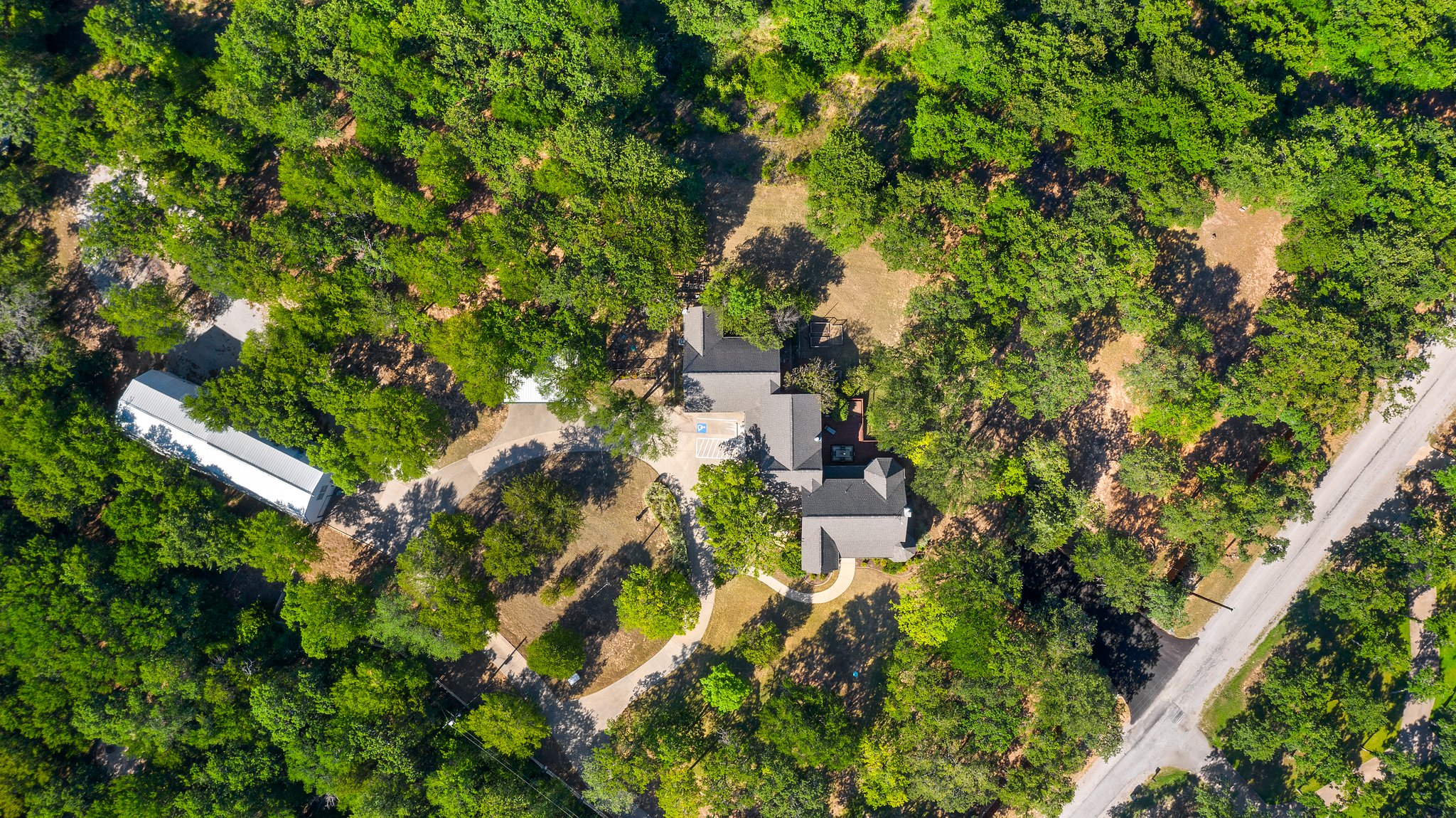


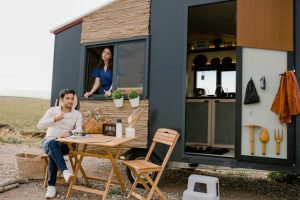 Given the increasing popularity of the attempt at simulating the link between the environment and human beings – to the living-sustainable connection between the individual and nature (homer Scheid), the homesteading lifestyle has become a reality in recent years. Life, as it is lived, is typical, from the return to roots-cultivation of one’s own food supplies, breeding and rearing one’s animals, and living wholly self-subsistent. For others, homesteading is an escape from an out-of-control consumerist society and an attempt to return to the craft of agriculture and the fruit of the soil.
Given the increasing popularity of the attempt at simulating the link between the environment and human beings – to the living-sustainable connection between the individual and nature (homer Scheid), the homesteading lifestyle has become a reality in recent years. Life, as it is lived, is typical, from the return to roots-cultivation of one’s own food supplies, breeding and rearing one’s animals, and living wholly self-subsistent. For others, homesteading is an escape from an out-of-control consumerist society and an attempt to return to the craft of agriculture and the fruit of the soil. A Slower, Simpler Life:
A Slower, Simpler Life: